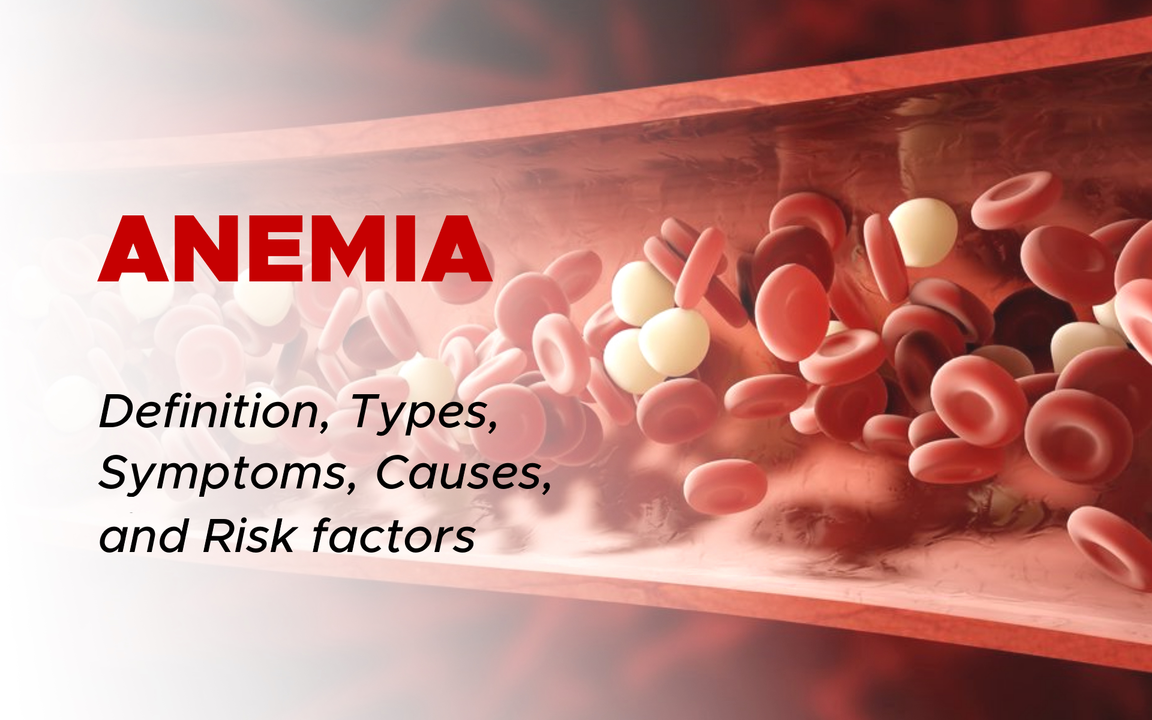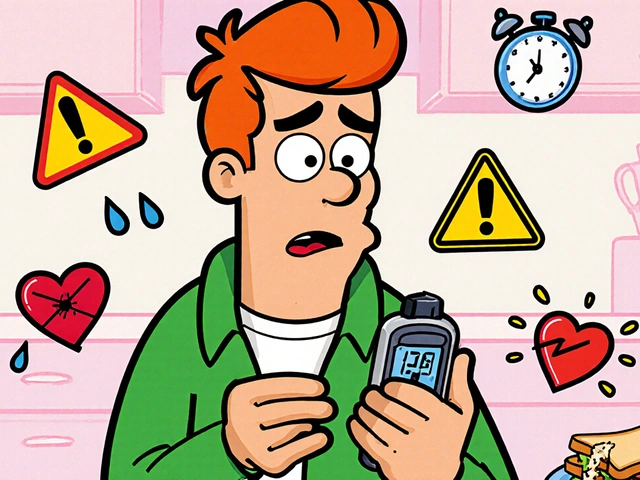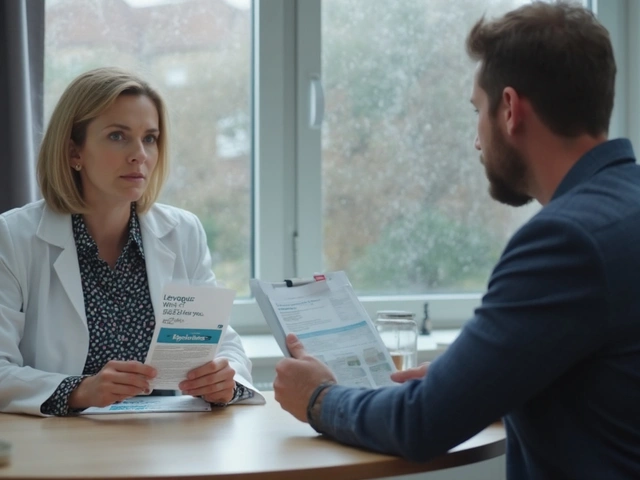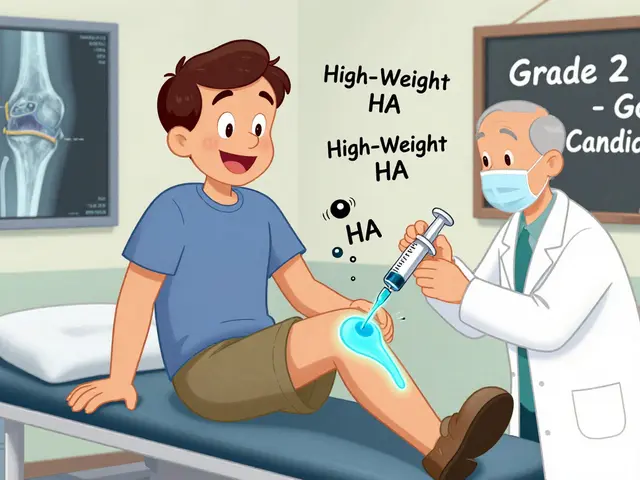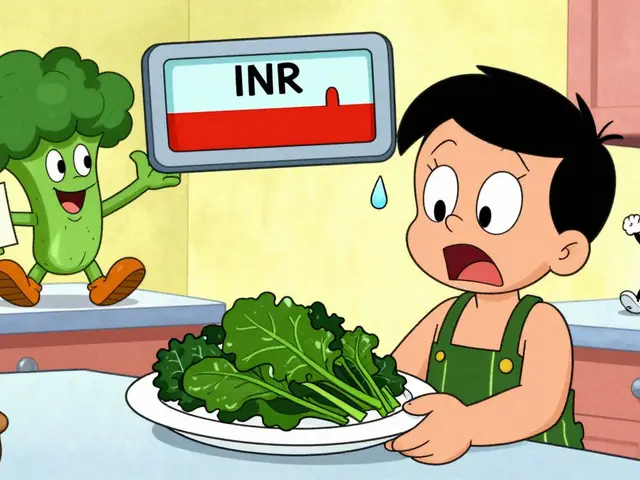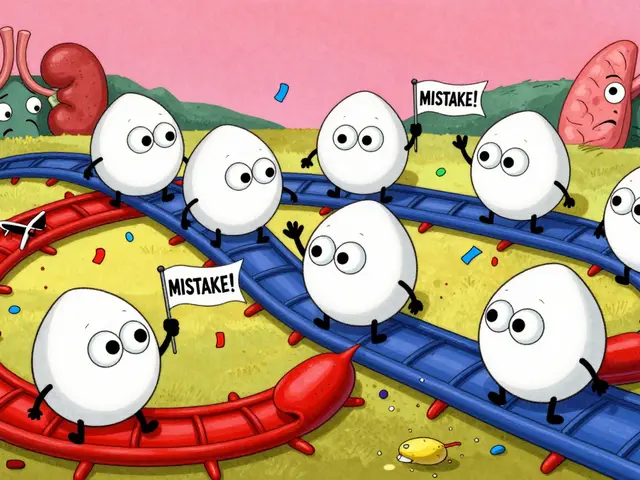Anemia — What to Watch For and What You Can Do Now
Feeling tired, short of breath, or lightheaded more than usual? Those are common signs of anemia, a condition where your blood doesn’t carry enough oxygen because hemoglobin or red blood cells are low. Some cases are mild and easy to fix; others need quick medical care. This page helps you spot the type of anemia, understand likely causes, and find practical steps you can take today.
How anemia shows up and why it happens
Symptoms vary with severity, but common ones include persistent fatigue, pale skin, dizziness, fast heartbeat, and cold hands or feet. Depending on the cause, you might also see brittle nails, strange cravings (like ice), or numbness and tingling if B12 is low.
Major causes to know: iron deficiency (most common), vitamin B12 or folate deficiency, chronic disease (inflammatory conditions or kidney disease), blood loss (heavy periods, GI bleeding), and inherited or hemolytic disorders. Age, pregnancy, certain diets, and some medicines can raise your risk.
Tests, treatment, and smart self-care
Start with simple tests: a complete blood count (CBC) to check hemoglobin and red cell size, ferritin and iron studies for iron status, and B12/folate levels if nerve symptoms or macrocytic cells appear. Your doctor may also order reticulocyte count or tests to check for bleeding.
Treatment depends on cause. Iron deficiency usually responds to oral iron (ferrous sulfate, gluconate, or fumarate). Take iron with vitamin C (a glass of orange juice) to boost absorption and avoid tea or coffee near the dose — they block uptake. If iron causes stomach upset, try taking it with a small amount of food or ask about a lower dose or a different formulation. For severe anemia, IV iron or blood transfusion may be needed. B12 deficiency often needs injections or high-dose oral B12, and folate is treated with oral folic acid.
Diet helps but isn’t always enough. Include lean red meat, liver, beans, lentils, dark leafy greens, eggs, and fortified cereals for iron. For B12, eat dairy, eggs, or fortified plant foods. Vegans and older adults often need supplements because food sources may be inadequate or absorption drops with age.
Watch for red flags: chest pain, fainting, sudden shortness of breath, or very fast heartbeat. Those require emergency care. Also check for hidden bleeding if anemia shows up later in life — doctors often investigate the gut.
Before starting any supplement, talk with your clinician. Too much iron or the wrong treatment can cause harm. If you have chronic illness, your care plan might include managing inflammation or treating an underlying condition.
Want curated articles from this tag? Browse posts on iron therapy, B12, anemia causes, and safer treatment choices to find advice that fits your situation.
